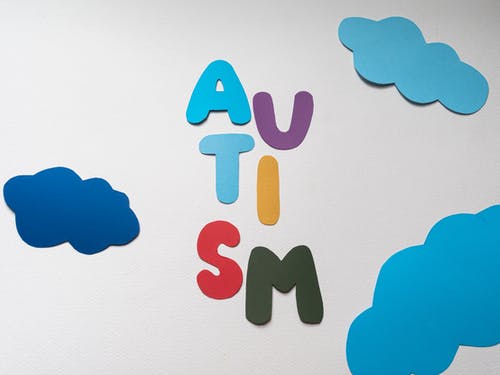Indiana parents settle their lawsuit after accusing school district of restraining their autistic daughter.
In 2018, Heather and Charles Castle of Indiana filed a federal lawsuit accusing staff members of the LaPorte County School District of strapping their autistic daughter, Kennedi (7 years old at the time), into a makeshift restraining chair in the classroom. The child had been enrolled in the district’s special education program since she was preschool. In 2013, the family established an individualized plan for her to attend the Life Skills classroom from kindergarten through second grade.
As part of the lawsuit, the Castles had sought unspecified damages for civil rights and constitutional violations. Now, the couple has reached a settlement. However, their attorney, Corbin Fowler, said the terms are confidential.
The Castles’ daughter is diagnosed with both autism spectrum disorder (ASD) and attention deficit hyperactivity disorder (ADHD). The suit mentions Kennedi “has difficulty adjusting to change, and she struggles with mutual conversation or play and is sensitive to stimuli, but she is also intelligent and artistically talented.”

The parents’ suit, filed in June three years ago, indicated that a teacher and two paraprofessionals at Kingsford Heights Elementary School tied the girl to a restraining chair constructed by the teacher’s father. “The team had restrained her,” according to the allegations, due to “behavioral concerns.”
The parents cited the Indiana Administrative Code in court documents, which prohibits the use of physical restraint in schools, “except in situations where the student’s behavior poses imminent risk of injury to self or others.” It also forbids the use of all “mechanical restraints” or devices attached or adjacent to a student’s body that the student cannot remove and that restricts the student’s freedom of movement.” Moreover, Kennedi’s 504 plan specifically states she would not be restrained.
The Castles began to be concerned something more was happening after Kennedi was “being treated after she returned from school wearing no socks, shoes, or coat, then came home the next month with bruises that her teacher said were caused by a fall.” Kennedi also “had nightmares, suffered extreme meltdowns and lost interest in art.”
The parents said they were not aware of the restraining chair or what, exactly, was happening due to the fact that, when Charles dropped his daughter off, “the school prevented him from escorting his daughter into her classroom each morning.” After the couple began to notice the marks on their daughter’s skin and the new behaviors, “he walked inside in the fall of 2017 to discover a homemade wooden restraint desk with his daughter’s name on it and a tan belt next to it.”
At that time, the couple knew that the bruising and marked shift in Kennedi’s demeanor had been caused by the staff tying “their daughter down to a plywood chair with a belt, causing bruises and abrasions to her body,” according to the suit. They also attributed this to the fact that Kennedi “began to exhibit new and troubling behaviors at home that included emotional outbursts and a refusal to wear a seat belt.”
“We’re very happy with the settlement,” said Heather Castle. “Of course, the settlement is for Kennedi. It’s something no family or child should have to go through; it shouldn’t be like this.”
Kevin Vanderground, the school’s attorney, said, despite settling, his client denies the family’s allegations.


Join the conversation!